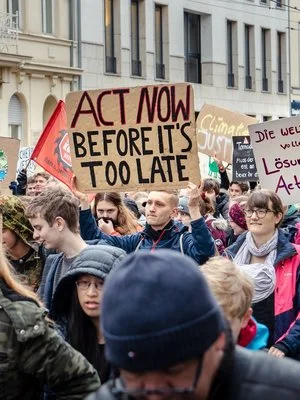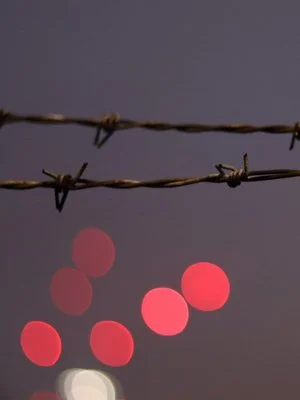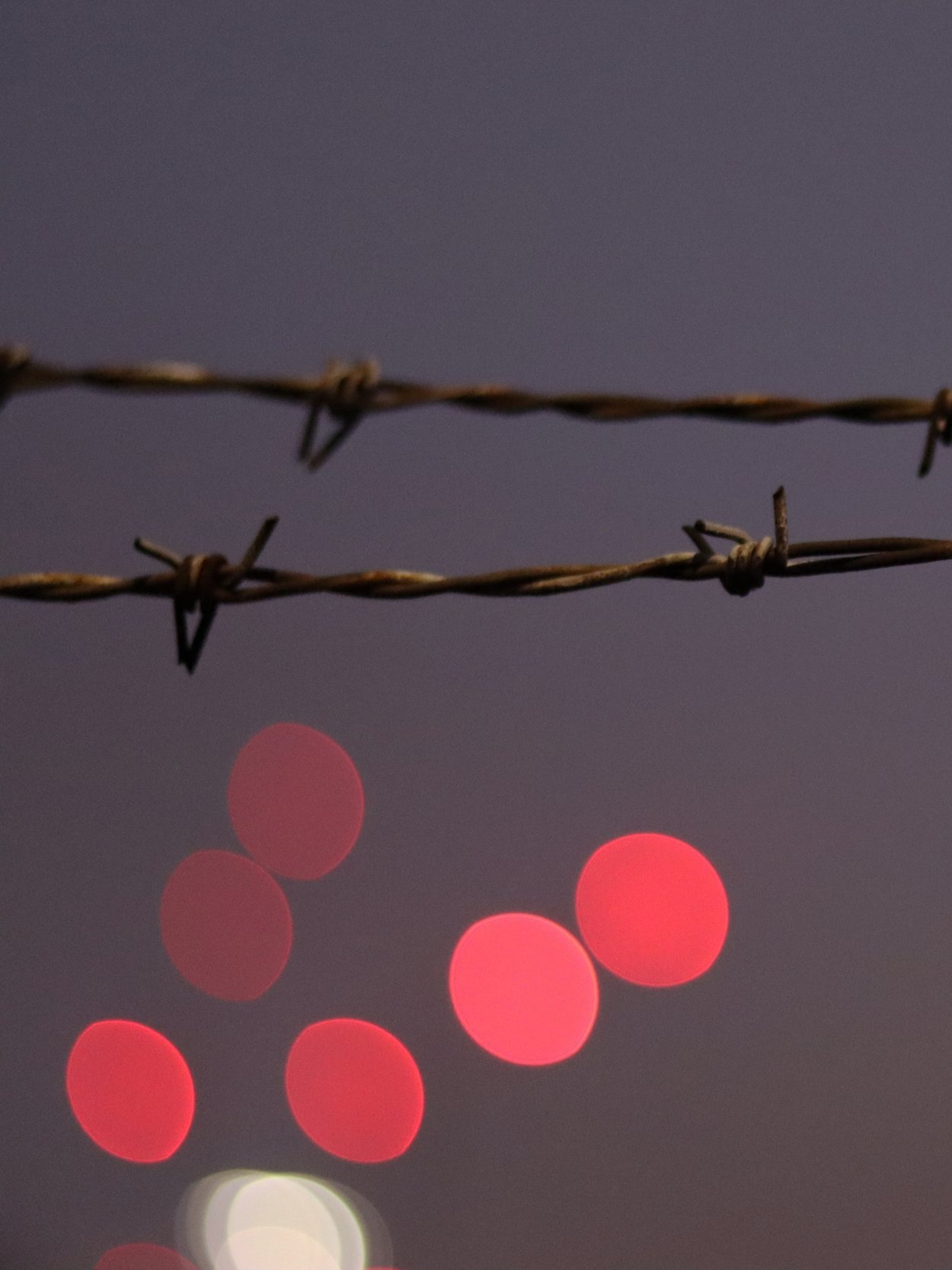This activist lays out the case for not falling for the “find common ground” solution. Sometimes, the challenger you’re facing is so far down the wrong path that meeting them in the middle still means you’re heading down a dark road. Case in point: “Is it more essential that we comprehend the motives of white nationalists, or is it more urgent that we prevent them from terrorizing communities of color and those who oppose racism?” Read the full article at www.time.com.
The conditions in these prisons are horrific, and solitary confinement is often used to isolate inmates who are in need of medical attention. Just another example of how badly our country is in need of prison reform. Read more at www.newyorker.com.
NYC continues to grapple with lack of diversity at top performing public High Schools.
Despite Mayor Bill de Blasio’s mission to diversity specialized high schools, the elite public high schools in New York City continue to admit very few black students. At Stuyvesant High School, only 10 black students were admitted last year, and only 13 the year before. There’s still so much work to be done in ensuring equal access to education in this country - a problem that hits home here in New York City. To learn more, read the full story at nytimes.com.
“There can be no separate college admission system for the wealthy.”
The College Scandal Case reminds us of the important work that must continue to take place at American universities to ensure equal access to education, regardless of applicants privilege. As put by the US Attorney Andrew Lelling of Massachusetts, "There can be no separate college admission system for the wealthy, and I'll add that there will not be a separate criminal justice system either.” Read more about this developing story at cnn.com.
A step towards making re-entry into civilian life easier for former inmates.
In California, a bill now making its way through the California State Legislature would seal the criminal records of former inmates who have misdemeanor or lower-level felony records to the public. These records often make integrating back into civilian life nearly impossible, since many employers discriminate against job-seekers with records (regardless of how long ago or small the charge). See newyorktimes.com for the full story.







